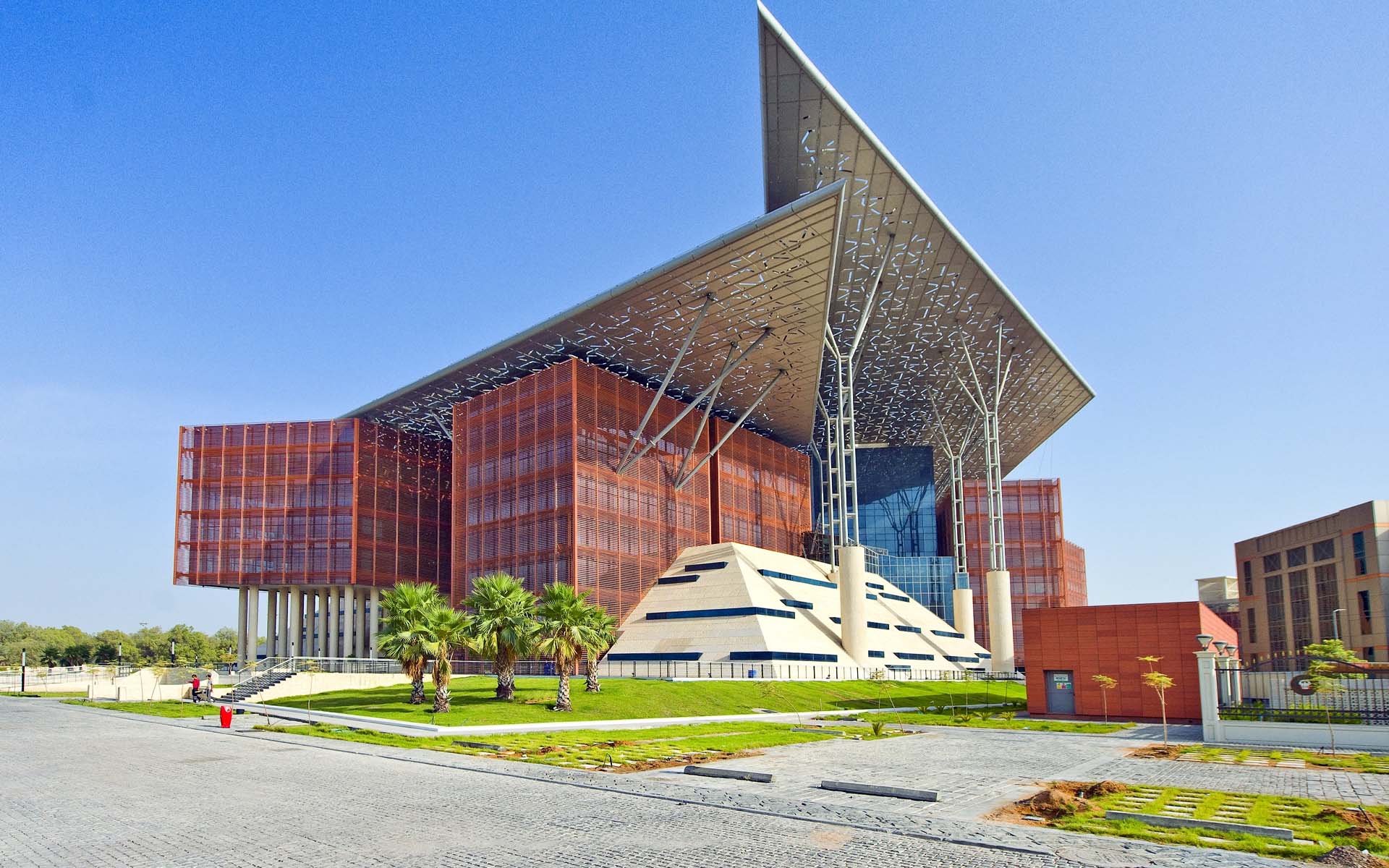

 19.3°C काठमाडौं
19.3°C काठमाडौं

The launch of the Abu Dhabi Labour Prosecution, announced by His Highness Sheikh Mansour bin Zayed Al Nahyan, signals a major shift in how labor issues are addressed in the UAE. Operating under the Abu Dhabi Judicial Department, this specialized unit is designed to handle investigations and claims involving labor and domestic workers—bringing expertise, speed, and transparency to cases that directly impact millions of expatriates.
This initiative is not just administrative reform; it’s a statement. By streamlining dispute resolution and ensuring equitable access to justice, Abu Dhabi is aligning its labor system with international best practices. It reflects an overarching ambition: to create a globally respected, fair, and transparent legal framework for workforce management in the Gulf region.
The UAE’s commitment to labor protection has been steadily codified over the years. Federal Decree Law No. 33 of 2021 remains the cornerstone of these protections, outlawing forced labor, harassment, discrimination, and unsafe practices. Employers must provide adequate accommodation, health coverage, and workplace safety, while standardized multilingual contracts eliminate ambiguity and strengthen accountability.
Financial safeguards further cement this system. The Wage Protection System (WPS) guarantees timely salary payments for 99% of workers, while the Unemployment Insurance Scheme, introduced in 2023, provides a lifeline for employees during periods of job loss. Complementary measures like end-of-service savings schemes bring flexibility and financial security to expatriates navigating career transitions.
Acknowledging the unique vulnerabilities faced by domestic workers, the UAE enforces Federal Law No. 10 of 2017, harmonized with the ILO Convention No. 189. This legislation ensures clear contracts, guaranteed rest periods, paid annual leave, and medical care, while strictly prohibiting practices such as passport confiscation or withholding wages. These safeguards send a powerful message: protection extends to every worker, without exception.
The UAE’s approach is also deeply digital. AI-driven permit systems, online grievance platforms, multilingual hotlines, and awareness campaigns like “Dear Worker – Know Your Rights” reflect a model of governance that is both innovative and inclusive. From heat-stress bans to shaded rest stations, humanitarian considerations permeate policy execution.
Internationally, the UAE collaborates through platforms like the Abu Dhabi Dialogue, forging partnerships with labor-sending nations and organizations such as the ILO and IOM to ensure ethical recruitment and compliance with global labor norms.
While legal reforms address systemic issues, the UAE’s humanitarian diplomacy was on full display this year. In April 2025, during Ramadan and Eid al-Fitr, 166 Nepali inmates were granted clemency, either pardoned from prison sentences or regularized from unauthorized stays. Eid al-Adha in July brought another wave of mercy, with 120 Nepali detainees released. These acts of goodwill, facilitated by the Nepali Embassy in Abu Dhabi, drew widespread appreciation from Kathmandu and the global Nepali diaspora.
The Government of Nepal lauded these gestures as symbols of strong bilateral relations and shared humanitarian values, underscoring the depth of people-to-people ties between the two nations.
Taken together, these measures illustrate the UAE’s dual-track strategy: building a robust legal framework that protects every worker while embracing humanitarian principles that reinforce diplomatic trust. By championing worker dignity and migrant welfare, the Emirates is not only addressing immediate challenges but also positioning itself as a global reference point for labor governance and migrant protection.